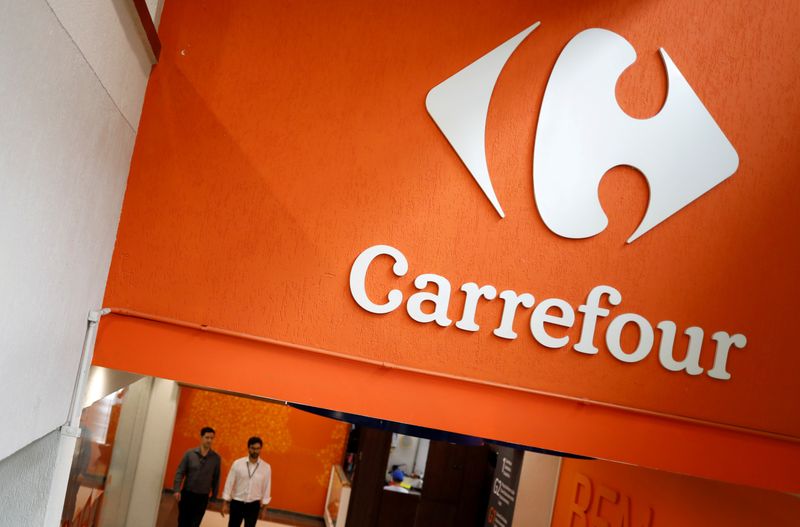This post was originally published on this site
https://i-invdn-com.akamaized.net/trkd-images/LYNXMPEG4R2I7_L.jpg
SAO PAULO (Reuters) – The city of Sao Paulo is investigating the wholesale unit of Carrefour Brasil SA (SA:CRFB3) in connection with an alleged bribery scheme, the local official gazette said on Thursday, citing a probe that could result in a fine of up to 20% of the company’s 2019 gross revenue.
The investigation is related to a criminal case that uncovered payments to city inspectors totaling around 1.5 million reais ($280,000) to operate, without a license, the headquarters of wholesale division Atacadao and an adjoining store in Sao Paulo.
In a statement, Carrefour Brasil said it has not yet received any notification regarding the administrative probe or information about its content, but that it is committed to cooperating with authorities.
In March, public prosecutors filed corruption charges against four Atacadao representatives. They are no longer working for the company, according to Carrefour Brasil.
“Carrefour Brasil Group rejects any and all acts of corruption and reiterates that it has a Code of Ethics aligned to the Brazilian law,” the retailer said.
The new administrative probe can take up to 180 days, with a possible extension of another 180 days, according to Sao Paulo’s office of the controller.
If Atacadao is held responsible, the company will be forced to pay a fine between 0.1% and 20% of its gross revenue in the year preceding the probe.
“The amount depends on the infraction that occurred, always ensuring that the percentage applied is not lower than the advantage obtained,” the city’s controller said.
The local subsidiary of France’s Carrefour SA (PA:CARR) reported gross revenue of 62.22 billion reais in 2019, of which 42.05 billion reais came from Atacadao.
“Since at least 2007, when Carrefour bought Atacadao, the administrative headquarters in Vila Maria and the adjoining store did not have a license to operate,” public prosecutor Roberto Bodini told Reuters in an interview, adding the license was only obtained in 2015.

